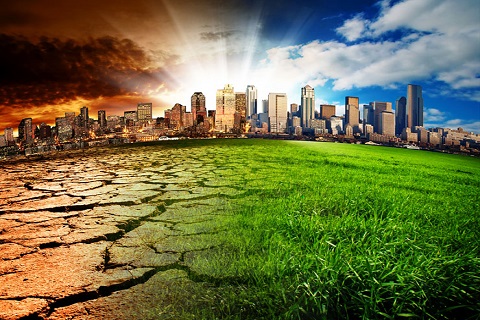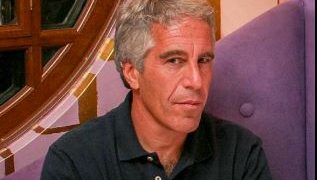Hauke Engel and Mekala Krishnan
COVID-19 has shown how a long-recognised but underappreciated global risk can suddenly materialise and wreak social and economic devastation in a matter of weeks. The implication is clear: While the world is focused on battling the pandemic, firms and governments must also recognise and plan for other risks, particularly climate change, which, like a pandemic, could upend the economy if not managed properly.
That is not a conclusion we arrive at lightly. At the McKinsey Global Institute, we spent a year assessing the possible socioeconomic impacts of climate change over the coming three decades. What we found is these effects already exist and are increasing, often in non-linear ways.
As part of our analysis, we conducted nine case studies across regions to gauge potential effects, linking climate models with economic projections in each case. We estimated inherent physical risk, absent climate adaptation and mitigation, to assess the size of the challenge and highlight the case for action.
Climate researchers frequently use Representative Concentration Pathway (RCP) scenarios, ranging from lower (RCP 2.6) to higher (RCP 8.5) atmospheric carbon dioxide concentrations. We adopted the higher-emission RCP 8.5 scenario in order to assess inherent physical risk in absence of further decarbonisation. Our studies produced several key findings. First, the most at-risk societies and systems are already close to physical and biological thresholds. Moreover, increasing climate hazards may make such systems vulnerable when they reach such thresholds, often resulting in non-linear intensification of effects.
For example, increasing heat and humidity in India mean that by 2030, and under an RCP 8.5 scenario, between 160-200 million people could live in regions with a 5 per cent average annual probability of lethal heatwaves. As heat and humidity levels rise, outdoor work could become extremely challenging. We estimate that by 2030, the average number of effective working hours lost in India could place 2.5-4.5 per cent of GDP at risk annually.
Second, economic and financial systems have been designed and optimised for a certain level of risk. For example, many global supply chains and food-production systems prioritise efficiency over resilience, making them vulnerable to failure if intensifying climate hazards affect critical production hubs.
Furthermore, whereas property insurance is generally repriced annually, homeowners often have longer-term time horizons of 30 years or more on their real-estate investments. This mismatch exposes homeowners to the risk of higher costs, including rising premiums or reduced insurance coverage.
Third, financial markets could pull forward risks in affected regions, potentially triggering capital reallocation and asset repricing, as well as changes to cost and availability of insurance. In Florida, for example, estimates based on past trends suggest increased risk of tidal flooding alone could devalue exposed homes by $30-80 billion, or 15-35 per cent, by 2050, other things being equal.
Fourth, while the direct impact of climate change is local, it can have knock-on effects across regions and sectors as a result of interconnected socioeconomic and financial systems (as is case with COVID-19). For example, we estimate that the direct damage to infrastructure assets from a 100-year flood in Ho Chi Minh City, Vietnam could increase from about $300 million today to as much as $1 billion by 2050, while knock-on costs to the economy could rise from $100-400 million to between $1.5-8.5 billion.
Finally, climate change could affect the most vulnerable populations disproportionately, and could foster inequality by simultaneously benefiting some regions while harming others. Climate events could double the likelihood of harvest failure in agricultural breadbaskets by 2030. This could lead to higher food prices, hitting the poorest communities the hardest.
To mitigate the risk that ongoing climate change will jeopardise more communities and economies, businesses and governments must adapt to the inevitable global warming that will occur over the next decade as a consequence of past emissions. There is a range of actions to consider. Businesses could weigh climate considerations in their capital allocation, product and service development, and supply-chain management. Cities could put climate risk at the center of their urban-planning decisions, while financial institutions could do the same when managing investment portfolios.
Hauke Engel is a partner at McKinsey & Company. Mekala Krishnan is a senior fellow at the McKinsey Global Institute. @Project Syndicate.






































